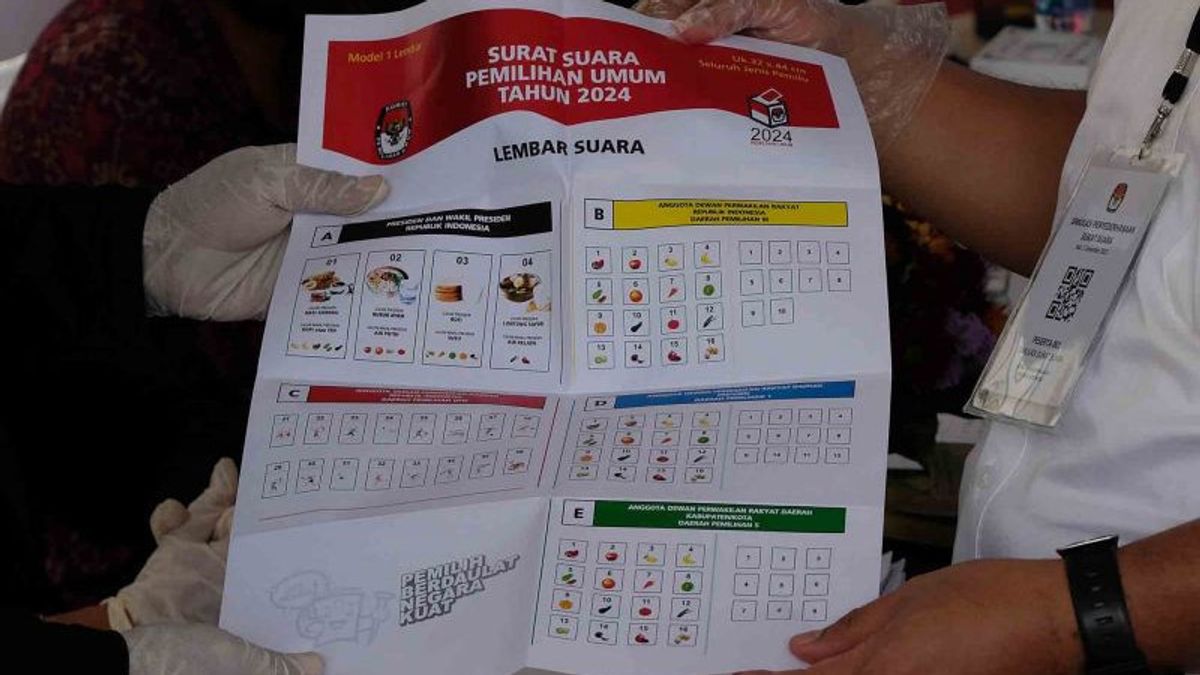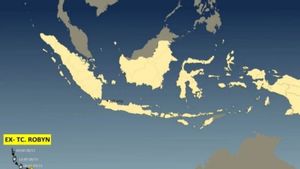JAKARTA - Political analyst from Diponegoro University Dr. Teguh Yuwono stated that the implementation of a closed proportional system in general elections (elections) has not guaranteed the achievement of women's representation at least 30 percent of the total members of the DPR.
"If the Constitutional Court (MK) decides to implement a closed proportional election system, automatically the song science method will no longer apply," said Teguh Yuwono in response to questions in Semarang, Central Java, Monday.
Sainte laie or the highest average value method to determine the number of seats in the DPR RI in a general election, said Teguh, only applies to an open proportional system.
Alluding to the fact that women who are candidates for legislative members (candidates) will have the opportunity to become members of the DPR as long as they receive electable numbers (can be chosen), Teguh said that the application of candidate serial numbers in the system is a mechanism for political parties.
"So, the closed proportional system has no impact on the achievement of a 30 percent quota in parliament. It depends on political parties whether to nominate women as legislators or not," said the Australian alumnus Flinders University.
However, Teguh continued, political parties are bound by Law (UU) Number 7 of 2017 concerning General Elections. Article 245 of the Election Law states that the list of candidates will contain representatives of women at least 30 percent
Responding to the non-compliance of political parties, for example, the Constitutional Court's decision to grant applications related to the closed proportional electoral system with the condition that the parties participating in the election meet 30 percent of women's representation in parliament, Teguh views that there is a need for sanctions against political parties that do not comply with the Constitutional Court's decision. For example, sanctions cannot be inducted.
On the other hand, Teguh stated that the advantages of the closed proportional electoral system would reduce political transactions and minimize the practice of money politics because voters only vote for political parties, not vote for legislative or political parties such as in an open proportional electoral system.
The English, Chinese, Japanese, Arabic, and French versions are automatically generated by the AI. So there may still be inaccuracies in translating, please always see Indonesian as our main language. (system supported by DigitalSiber.id)













